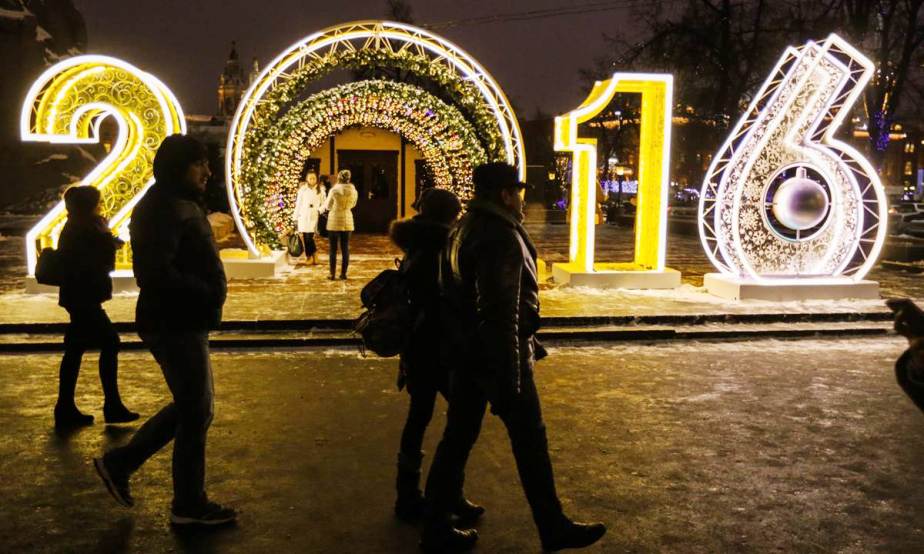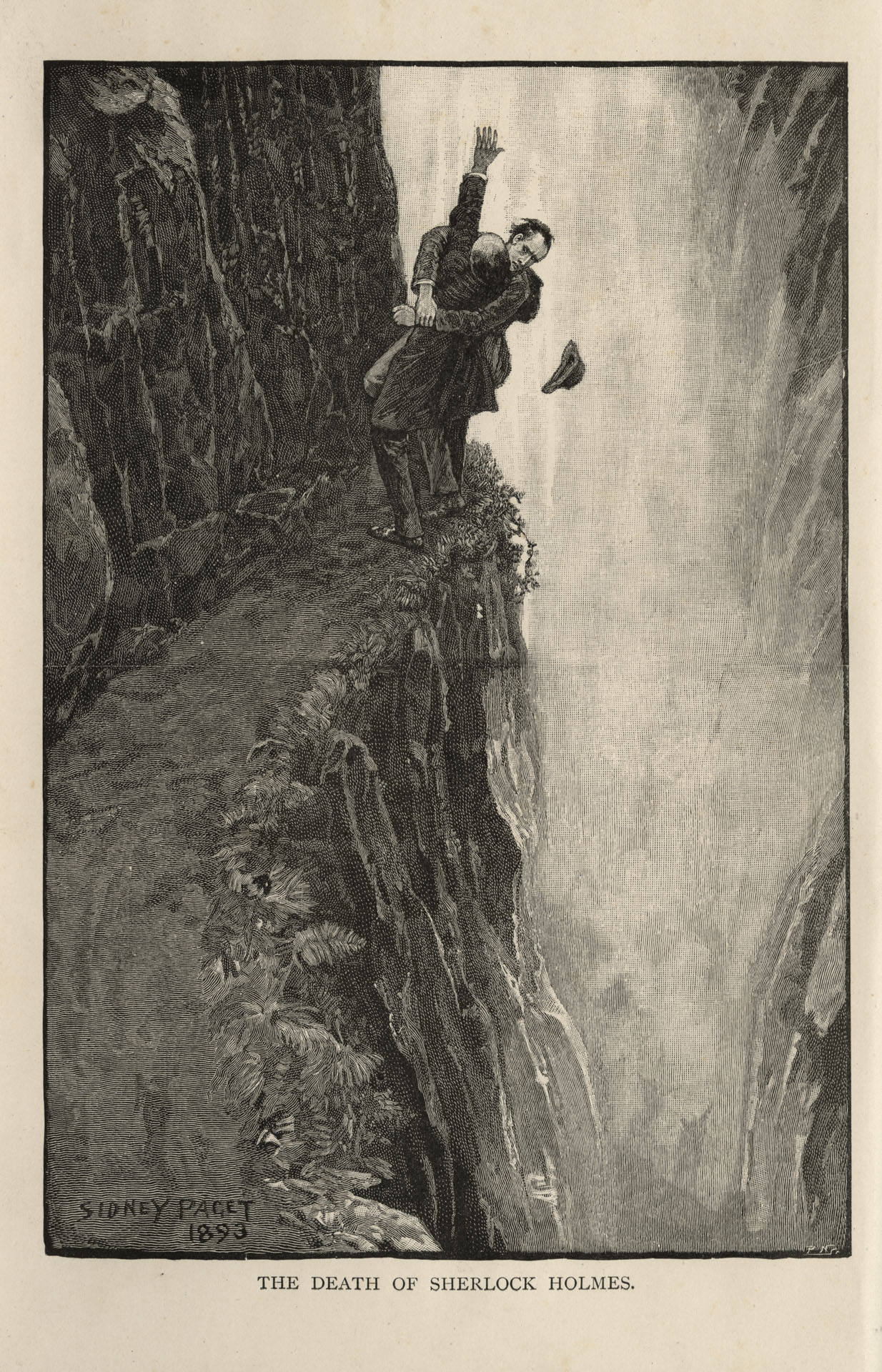Every year newspapers put forth editorials about expectations for the New Year. Looking back, 2015 has been perhaps, the most unsettling in the first decade of the new millennium.

With the rise of the Islamic State, we have seen a global war by a group of extremists who justify killing non-believers in the name of their religion. Factually speaking, the Quran — the religious text used by roughly 1.9 billion Muslims worldwide — does not condone killing non-believers. According to Pew Research (Dec. 7), “Recent surveys show that most people in several countries with significant Muslim populations have an unfavorable view of ISIS, including virtually all respondents in Lebanon and 94% in Jordan. Relatively small shares say they see ISIS favorably.”
“Muslims in the U.S. are roughly as religious as U.S. Christians,” Pew writes, and according to a 2011 survey, “roughly half of U.S. Muslims (48%) say their own religious leaders have not done enough to speak out against Islamic extremists.”
Sadly, the Obama administration has been ineffective in dealing with ISIS — a group who have not only been able to financially support their needs by millions of dollars per month, but have become exceptionally adept at using social media to inspire disaffected individuals to their cause.
In a year that will see another presidential election cycle, a wave of fear, anger and distrust rules the country.
Ferdinand Mount, a former policy chief under British Prime Minister Margaret Thatcher, writes in The Wall Street Journal (Jan. 2), “The rise of the Trumpery Tendency bears more than a passing resemblance to the rise of the Know-Nothing Party in the 1840s and ’50s. The Native American Party, as it laughably called itself, was born out of fears that the country was being overrun by Catholic immigrants from Germany and Italy, whose first loyalty was supposedly to the pope, not to the Constitution of the U.S.
“At their peak, the Know-Nothings elected mayors in Chicago, San Francisco and Washington, D.C., and swept the state of Massachusetts. Donald Trump’s call to ban Muslims from the U.S. and Republican resistance to President Barack Obama’s plan to resettle thousands of Syrian refugees in the U.S. suggest that a similar resentment still has plenty of political mileage (though no real votes are in yet).”
Why a vocal percentage of voting Americans believe this reality-show blowhard continues to amaze me.
In the foreword to the book This I Believe, journalist Edward R. Murrow writes “I would suppose that men believe what they believe as a result of inheritance, indoctrination, the number of calories they are able to consume, the climate in which they live, [and] the ideas they acquire from others. … there is no law preventing a man from defending what he believes, although civilized social intercourse requires that he respect the beliefs of those who disagree with him.”
Clearly, respect for others has gone out the window in some countries, and with the most strident of presidential candidates, disdain has become a rallying cry to those most angry or “indoctrinated” by the latest incarnation in a sorry line of American demagogues: Charles Coughlin, Hughie Long, Joe McCarthy, George Wallace.
But that’s not what this country stands for.
While I understand the anger, and distrust, I strongly oppose methods that seek to divide rather than unite us.
In December 2009, I wrote, “The spirit of America, expressed in its people and its principles, has carried us through everything from our first American crisis to a Great Depression, from 9/11 to Hurricane Katrina. During those times, Americans have worked to overcome whatever challenges they faced.
“I believe in hope, but we need something more.
“We need a new model of citizenship, one that not only recognizes a shared purpose, but also a shared responsibility. America’s moral leadership may rest with the office of the presidency, as Franklin Roosevelt once said, but its moral responsibility rests with the American people themselves.
“ ‘We face the arduous days that lie before us in the warm courage of national unity,’ Roosevelt told an anxious nation in 1933, ‘with the clear consciousness of seeking old and precious moral values….’
“Americans need to return to those values in a way where individuals come to the table respecting another’s right to their point of view, even if they disagree with that view; we need to come together with a responsibility to share the burdens of tough times as well as the fruit of the good.
“We can debate how we get there, but without the infrastructure of honesty, fairness, responsibility, and above all, respect, we can never achieve our long term goal of being the best that we can be. This isn’t a Republican issue or a Democratic issue; this is a fundamental, ethical issue.”
My hopes for the New Year?
I hope that Americans see that our strength lies in our values. While we can always acknowledge dissent, we must not allow ourselves to descend into irrational extremes of fear, anger and demagoguery.
I hope people take responsibility as seriously as they take their rights.
I hope that common, everyday respect for each other becomes as important as the right to free speech.
I hope that compromise will no longer be looked upon as a dirty word by political leaders who represent us, and that those leaders recognize their work as the sacred trust that it is, and that the business of the people comes before any political ideology.
“These may be the times that try our souls, as Thomas Paine so eloquently affirmed during that first American Crisis,” I wrote in 2009, “but we’ve gone from fear to faith countless times, and we can return to that faith again if we remember who we are and what we stand for. Integrity, trust and confidence: that’s what Americans want. That’s what we need, and that’s what we can achieve again.”
Comments









